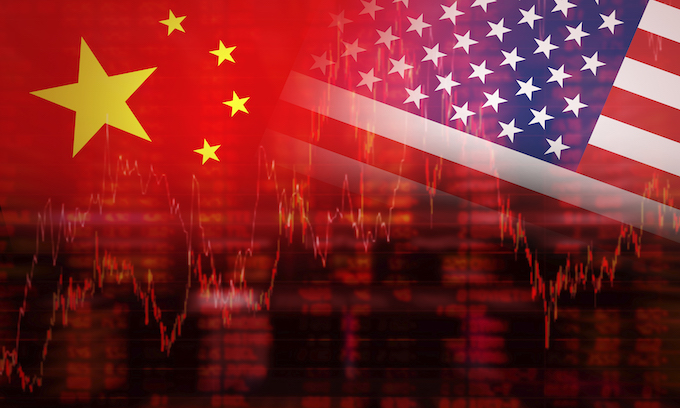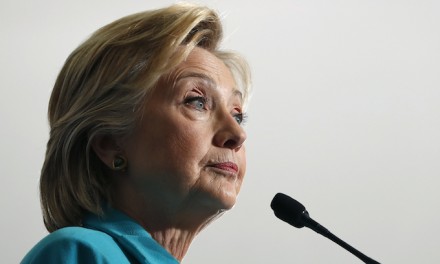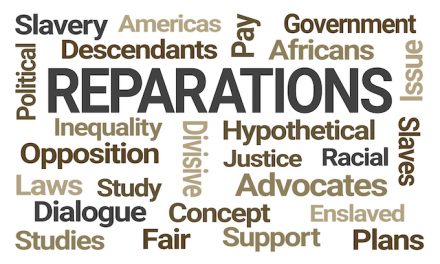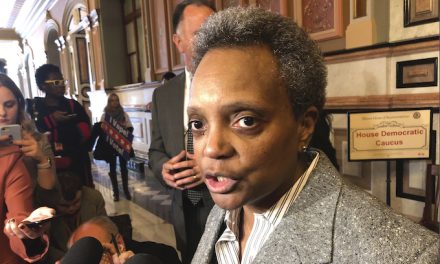President Joe Biden met with Chinese Communist Party Chairman Xi Jinping on Monday – and analysts are saying it wasn’t America’s best moment on the world stage.
The two leaders were in Bali, Indonesia, at a meeting of the G-20 nations. Biden had asked to meet with Xi. National security expert Bob Maginnis tells AFN that from the outset it was clear who was in control.
“It’s the optics,” says Maginnis. “If you watched Biden, he stuck his hand out as he was approaching Xi and he was smiling and being this jovial guy; meanwhile, Xi was looking rather somber, dismissive of Biden. That communicated a great deal.” After exchanging pleasantries in public, the two leaders went behind closed doors and had a private meeting.
China analyst and author Gordon Chang feels the summit itself should not have taken place at all. “President Biden announced that there would be working groups with China on various issues, including climate,” he pointed out Monday on Washington Watch with Tony Perkins. “But while we talk to China … [it] continues unacceptable behavior and conduct.
“We have seen this before,” Chang continued. “We’ve set up working groups, we have regular dialogue mechanism – and it just doesn’t work. We’ve got to understand the challenge from China and meet it accordingly. Because … even though we are the far stronger society, if we don’t recognize the challenge, we could lose our country.”
According to Maginnis, Biden neglected to bring up the human rights abuses of China, the theft of American intellectual property, and the Chinese manipulation of world currencies.
“He only took four questions [at the subsequent press conference] – and what he said, basically, is that We were frank, I told him what I stand for, what I wouldn’t stand for, and so forth. But he left out a whole host of issues important to Americans.”
In Maginnis’ eyes, Biden was less than impressive at that press conference. “He is perceived, often overseas, as a weak leader,” he adds.
According to Chang, the denial of human rights and the oppression of people is “at the core” of Communist Party rule.
“[That’s why] it’s important for the United States to talk about human rights,” he adds, “because when we do that, China has no answer for us – and it’s been wrong for presidents not to emphasize this. Democracy, human rights – these are things which play to the strengths of the international community; and we should press the advantage because China is so concerned about it.”
Agreements with China beyond ‘worthless’
Post-summit reports are that Xi warned Biden not to interfere with the China-Taiwan conflict, among other things. In fact, afterwards the U.S. president stated he didn’t think that there’s “any imminent attempt” by China to invade Taiwan. That lack of urgency concerns Chang greatly.
“It may not be ‘imminent,’ but we’ve got to remember that at the 20th national conference of the Communist Party last month, [Xi] actually appointed what’s now being called a war cabinet,” Chang recalled. “And on Tuesday, he talked about the Chinese military should prepare for war and about China’s position in the world, which sounded a little bit unhinged.”
“I think [Biden] is not taking the threat seriously enough – and certainly not thinking about it in terms of the urgency that’s required,” he continued, “because China is not only building up its military – it’s like the fastest buildup in history since the second World War. But this is more ominous: [Xi] is actually mobilizing China’s civilians for war.”
Biden reportedly also pressed Xi on alleged “climate change.” Asked if that’s a priority for China, Chang replied: “It is a priority in the sense that [China] knows the Biden administration is focused on it – so it is using climate as a way of getting the United States to do things that China wants. But obviously, China is pouring more and more carbon into the air.”
Chang points out that the 2015 Paris Accord includes an “incentive” for China to pollute more – which he says Beijing “is taking full advantage of.”
“They don’t really care about the climate. [And] when it comes to climate or anything else, China’s separate set of rules are not rules: they’ll violate any rules. Agreements with China are worthless,” he states. “Actually, they’re worse than worthless because China doesn’t honor them. But [because] we feel bound by our commitments … this is a very bad situation for us.”
In Chang’s opinion, the U.S. “should be imposing costs on China – not trying to come to agreements with China.”
The Beijing regime, he contends, is more worried about America’s values and form of governance. “They’re worried about the inspirational impact that we have on the Chinese people,” he explained. “We should be taking advantage of that – and unfortunately, we don’t.”
—-
Copyright American Family News. Reprinted with permission.



















Not only is “He is perceived, often overseas, as a weak leader,” ,,,, but the impotent Veep he has in the bull pen as a backup couldn’t strike out a little leaguer, let alone lead a nation into war. Neither are well planning potent thinking inspiring types that our soldiers could rally about and trust to cover their back, or make the right kinds of decisions in war. Babbling Kamala herself stabbed Joe in the back during the Primaries, so just who would trust that one not to stab American soldiers in the back if it came a choice between who is to do the sacrificing and who is determined to survive? The last two years of their leadership are good lesson plans on teaching modern Americans how the fall of Rome occurred,,,from within. The bull pen is empty, but the B.S. runs deep.
i heard a rumor that he MAY force harris out for newsome.. NOW that’s scary!
Joe Biden is no diplomat, Xi Jinping has no qualms about removing a ranking member of Chinese Communist Party in front of those attenging a high level meeting, in other words, he’s dismissive of those who do not agree with him and Biden is merely small fry in his mind. What else needs to be said other than prepare for the worst because it could happen at any moment!
It’s a sad day for the United States when Joe goes out on the world stage. It becomes evident right away that he’s not playing with a full deck, and is anything but a leader. China, Russia, and Iran all think he is nothing but a joke and will take advantage of his weakness every time they meet. Just think, we have to put up with him, and that giggling stooge of a VP for 2 more years. Scary isn’t it?
Everyone laughed at OBAMA kissing he ring of king whatzhis name in Saudi.
BIDEN IS MUCH worse.